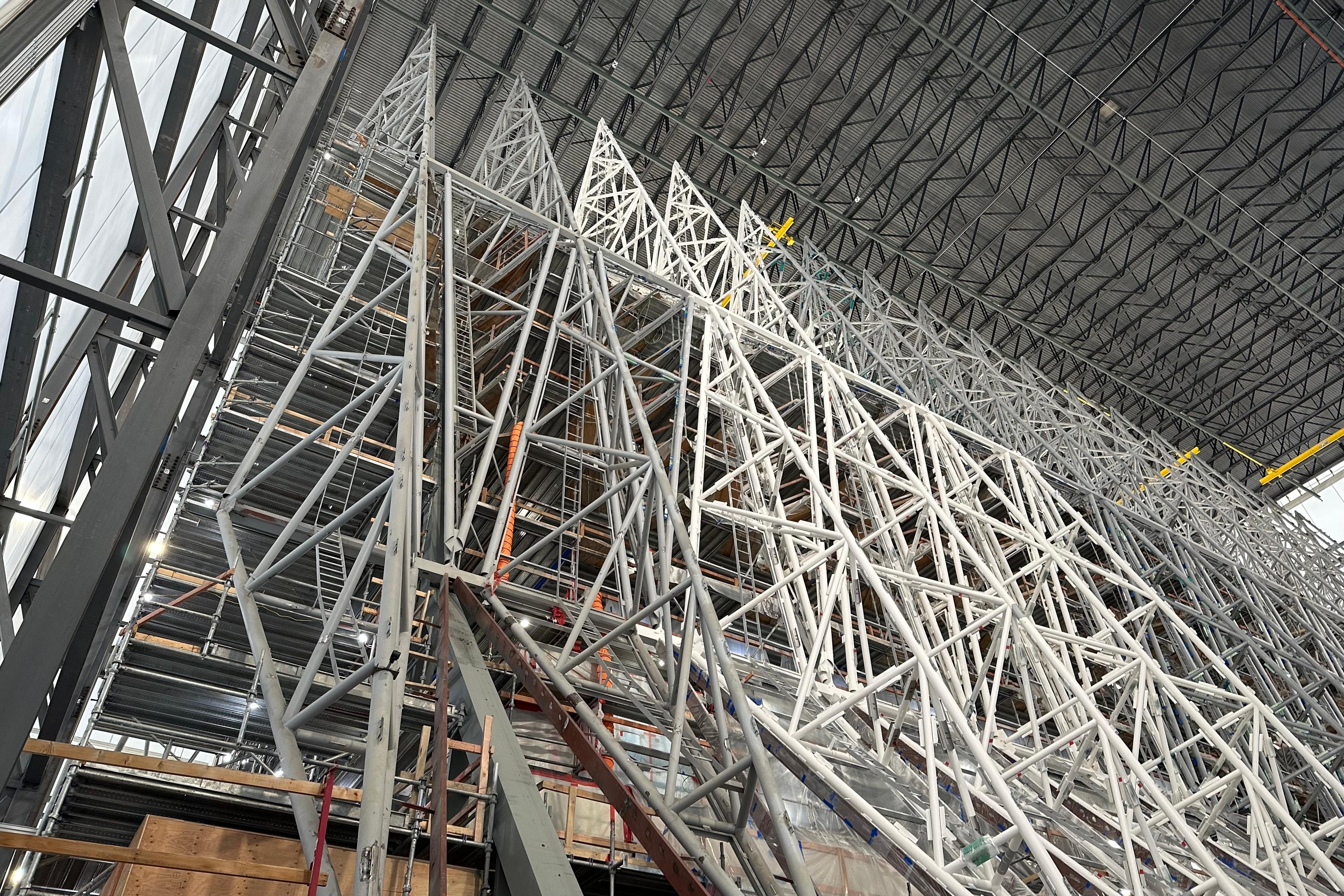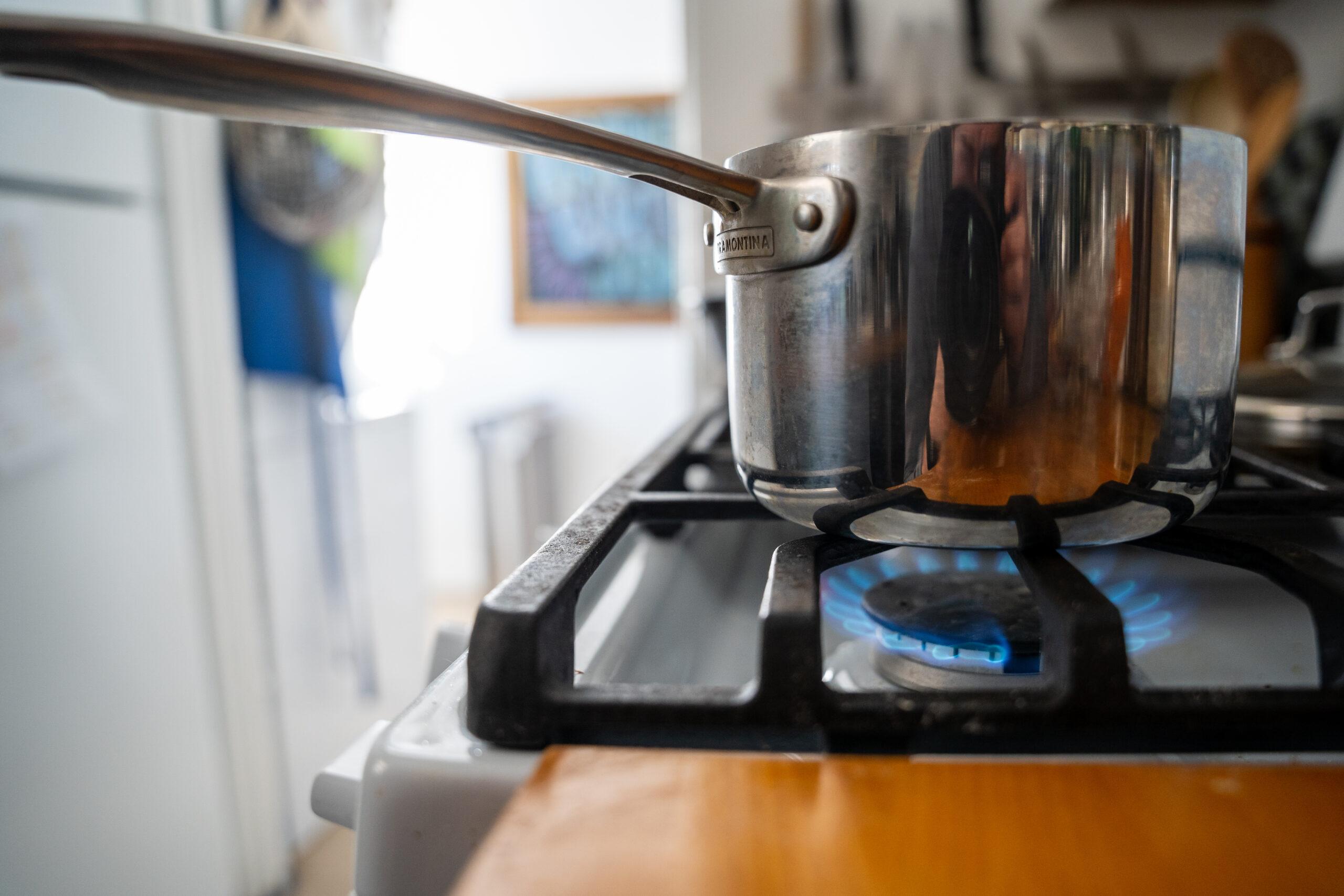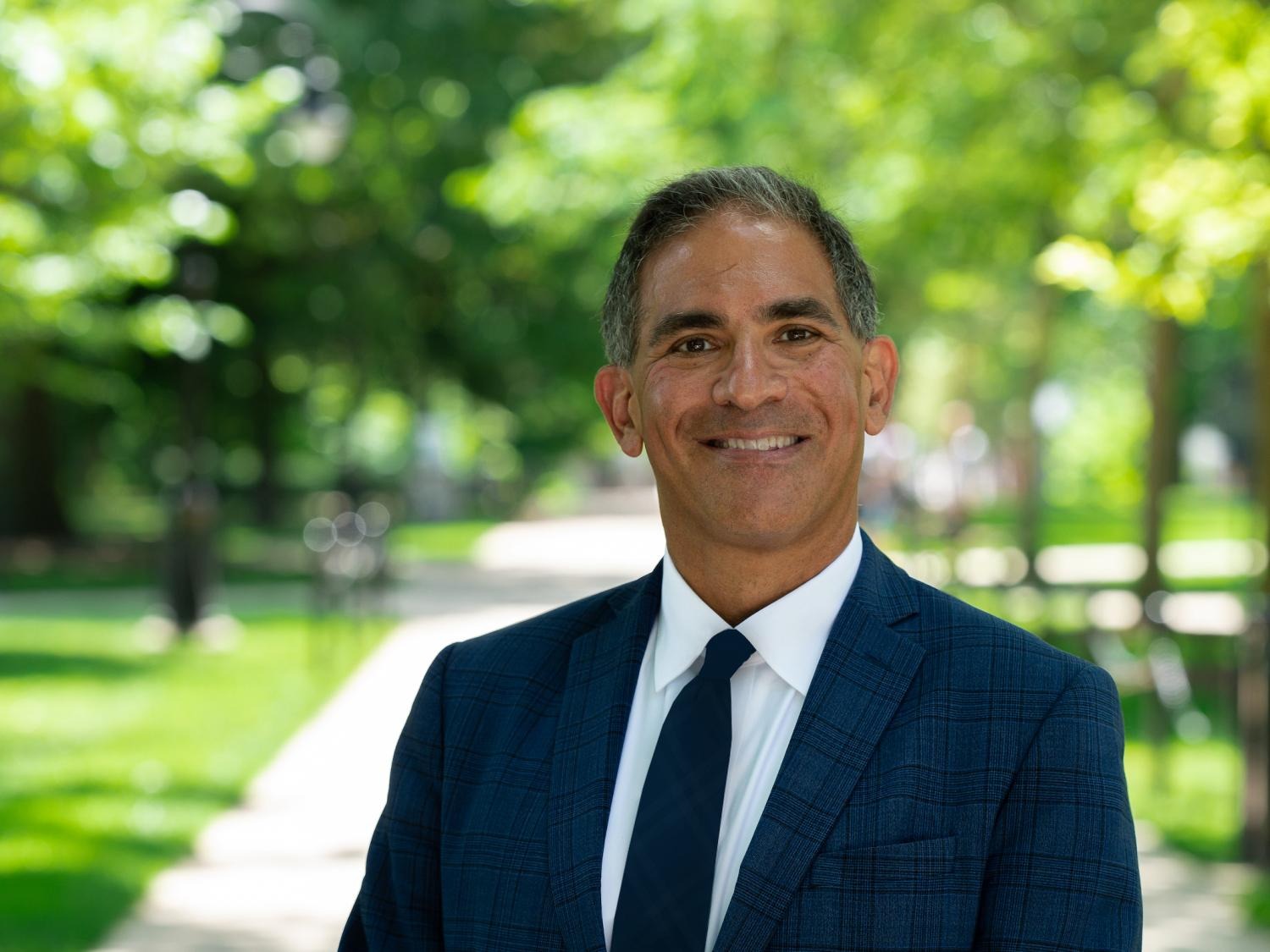
Every workday for Scientist Eric Moglia starts the same. He drives to the shipping and receiving department to retrieve packages from far-flung spots like Alaska, Mongolia and Algeria. Inside them is precious information about climate change.
But those packages might stop coming.
“Shipping is shut down,” said Moglia, reflecting on how different his job is today compared to just one month ago.
Inside the National Oceanic and Atmospheric Administration complex in Boulder, Moglia’s life has changed because of the workplace restrictions put in place due to COVID-19.
Moglia schleps the boxes back to his basement lab where he puts on gloves and begins his routine of disinfecting everything. Each box he retrieves is specially designed to contain air flasks and are reused multiple times.
The flasks are about the size of a Nalgene bottle. They're used by NOAA to measure carbon dioxide, carbon monoxide and other gases that feed directly into NOAA’s world-renowned inventory. NOAA’s Global Greenhouse Gas Reference Network has become a bizarre window into the global pandemic. Moglia worries that some sites might not be able to provide him with the air samples he needs because of it.
“Every day I come into work and I’m like, ‘Is there a new site that has new restrictions that we can’t either ship to, or are no longer able to take samples?’” Moglia said. “It’s kind of nerve-racking.”
Researchers like Moglia are taking unprecedented precautions as they handle packages from around the globe. They’re fueled by the promise of future scientific research.
“A lot of our records date to the early ’80s, and we are doing our best to maintain those in this challenging time,” said Arlyn Andrews, chief of the carbon cycle and greenhouse gases group at NOAA’s Global Monitoring Division.
NOAA has several automated sites that continue to measure carbon dioxide, methane and other big-ticket greenhouse gases. What worries Andrews and other NOAA scientists are potential data gaps that may develop when countries are no longer able to send in flasks from their manual source collection.
Right now, three sites in New Zealand, Guam and Ireland have stopped sending in flasks for measurements.
“What we will lose if we can not continue the whole air sampling are the measurements of a whole bunch of additional gases and species that can help us figure out a little more about the processes that impact the air,” said Andrews.
When data gaps appear, the first thing scientists look for are alternative records to match with NOAA's time series.
Such sources exist in New Zealand, where that country's National Institute of Water and Atmospheric Research has stopped sending in flasks. With the country on lockdown, sending a worker to collect air samples in a remote regional park became impossible.
“It’s not like we’re missing out totally,” said Gordon Brailsford, tropospheric chemistry group leader at NIWA New Zealand. The group oversees greenhouse gas measurements for the country. “We’re just going to have a bit of a hiatus on the exchange between NOAA and NIWA.”
Restoring records in Guam could be more complicated because it doesn't have the long-term consistent records like those in New Zealand.
Inside the Boulder NOAA lab, things are growing more complex by the day as Eric Moglia fields emails and logistical questions from sample collectors around the world. Every day is a constant juggling act of managing new requests related to the pandemic along with the seasonal demands of the job — like a request that comes along every April to prepare a year’s worth of flasks to send to Canada for sampling.
Each time he learns of new data gaps, he feels sadness. He knows his colleagues working remotely feel it, too. They’re searching for small ways to help him out.
“I’m so grateful I get to come to work and have something to focus on all day while also maintaining this super important network that we all work so hard on,” Moglia said.
Editor's Note: This story was updated to reflect that only Guam is without a long-term automated air measurement system. The country of Ireland has one.









